Andy Forbes, principal of the College of Haringey, Enfield and North East London, talks about diversity in STEM apprenticeships.
The Diversity Train is Leaving the Station
08 Mar 2018
In September 2016 our train journey began. After nine months of joint planning with Siemens UK Mobility Division, our first cohort of Advanced Railway Maintenance Technicians started their first day at college. To be honest, diversity wasn’t the foremost thing in our minds at that stage. We were totally focused on recruiting trainees who would be capable of meeting the high standards expected. Here is a photo of the first day, with our staff team and Heather Robson, the Training Manager from Siemens, alongside thirteen apprentices in black polo shirts emblazoned with the Siemens logo.
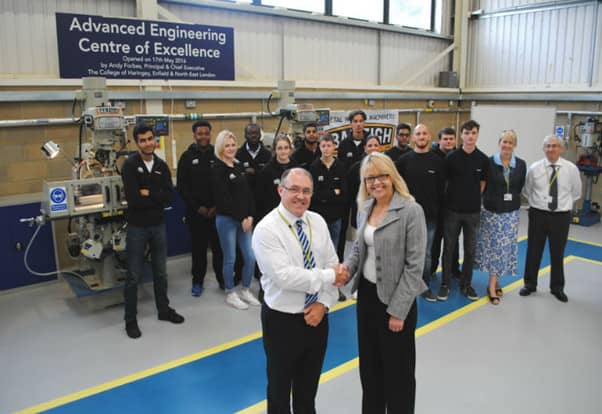
CaSE’s diversity policy review reports that of the UK engineering workforce, only 10% are women and 6% are BAME. Our intake of thirteen apprentices demonstrate a far greater diversity than the national average of engineers.
On reflection there were three factors that worked in our favour. Firstly, we are a London college, serving one of the most ethnically diverse cities in the world. Secondly, we have access to Siemens marketing materials, which are of very high quality and which consistently emphasise equality and inclusion. Thirdly, we benefit from the strong performance of London schools, which have made a huge improvement in their results and have a high proportion of pupils studying STEM subjects to GCSE – 77% in 2016. Although some BAME groups are still lagging behind and although 40% more boys than girls take science subjects at A level, the position is still better than in most parts of England. Put simply, we have a bigger pool of school leavers with good maths and science skills to choose from, and this makes a big difference, as all the research indicates that diversity barriers set in early on in the school system.
Since our first cohort we have worked energetically to improve further the diversity profile of our STEM apprentices. We now have the advantage of being able to use some of our Siemens second year veterans as role models to challenge stereotypes. They are confident, articulate and far better placed than anyone else to convey the equality message – you can see from the photos of a recent event for local schools just how confident they are acting as ambassadors.
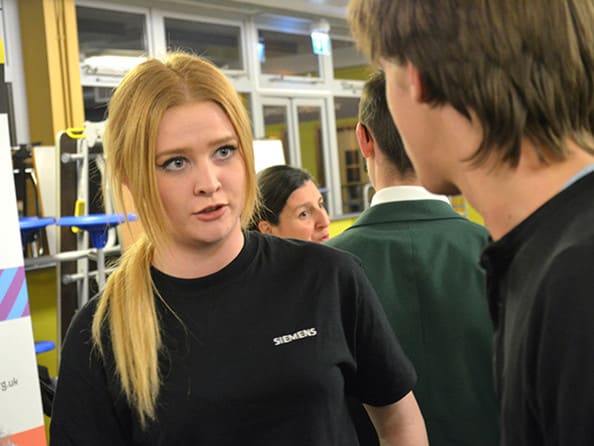
The STEM diversity problem is complex; no single strategy will solve it and it will take action at all levels of the education system and from all STEM industry sectors to tackle it. But of one thing I’m sure: the role of Further Education Colleges will be pivotal.
Standing at the interface between the school sector and employment, colleges are primarily focused on careers and employability. Colleges which offer apprenticeship training are already in contact with hundreds of local employers – in our case about a third are STEM employers. The introduction of T levels in a couple of years time will complete the vision set out in the government’s Industrial Strategy, of a technical education pathway which will offer a genuinely attractive alternative to the traditional A level route. There’s no doubt in my mind that this will give us a much stronger platform to not only increase the number of young people opting to go into STEM education, but to widen participation from all sectors of society.
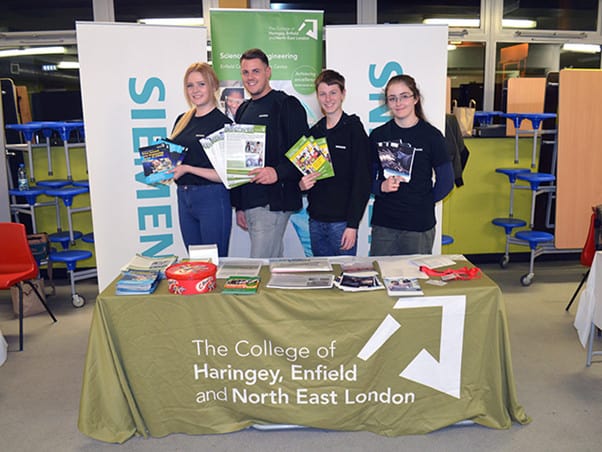
But this will not be straightforward and it won’t be a quick fix. The dramatic slowdown in apprenticeship starts since the introduction of the levy funding system last year illustrates this. Bringing in new types of education – new courses, new qualifications, new funding arrangements – takes time and enormous effort. Parents, learners, employers, and teachers will not suddenly rush to embrace new, untried and unfamiliar options. It will take time to build understanding of, and confidence in, the new technical education routes. The future is bright, but the future is still some way off.
One big obstacle is the continued fragmentation of careers education, which CaSE is absolutely right to highlight. Good careers advice has never been widely available, but it’s now an endangered species. Until it recovers, we will rely on apprentices themselves to be the pioneers for our efforts to create a more inclusive engineering workforce. They are not only able, but very willing to help. They themselves know from personal experience the barriers they have faced. The careers advice they give is authentic and comes from the heart. And they are experiencing every day the challenges and rewards of training to be part of a modern, diverse, STEM sector.
Related articles

The Physiological Society’s policy team on the health challenges facing older workers and the urgent need to develop a strategy to ensure older people are happy and healthy at work.

Jo Reynolds, Director of Science and Communities at the Royal Society of Chemistry, on the RSC’s new summary report looking to unlock the potential of deep tech SMEs.
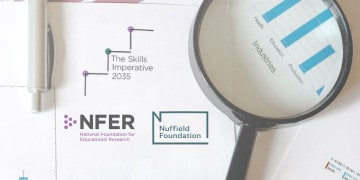
Lisa Morrison Coulthard, Research Director at the National Foundation for Education Research, on the Nuffield Foundation funded five year research programme providing insights into the essential employment skills needed for the future workforce
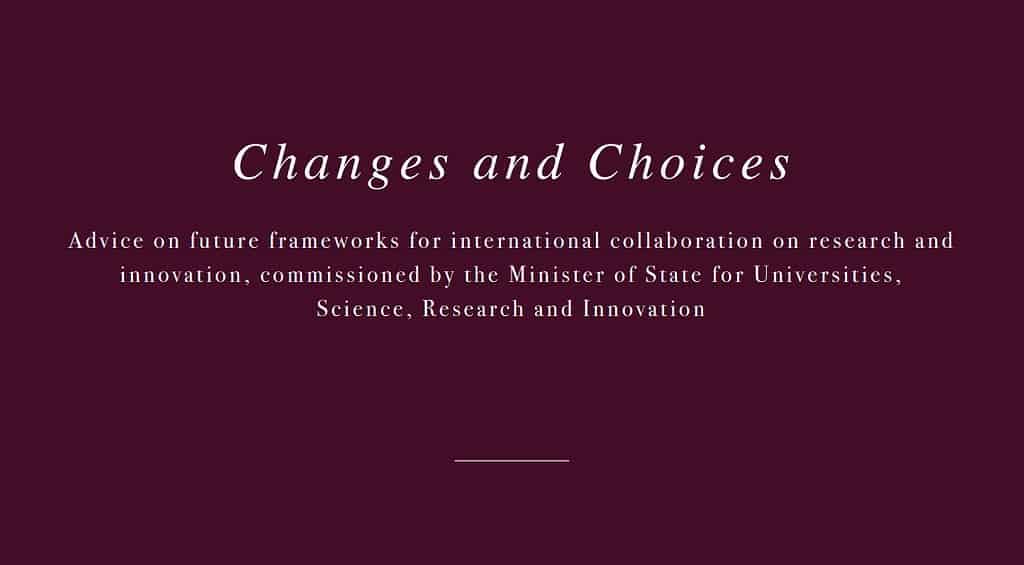
Sir Adrian Smith, Institute Director and Chief Executive of The Alan Turing Institute, and Graeme Reid, Professor of Science and Research Policy at UCL, set out the findings from their new independent report on international partnership opportunities for UK research and innovation